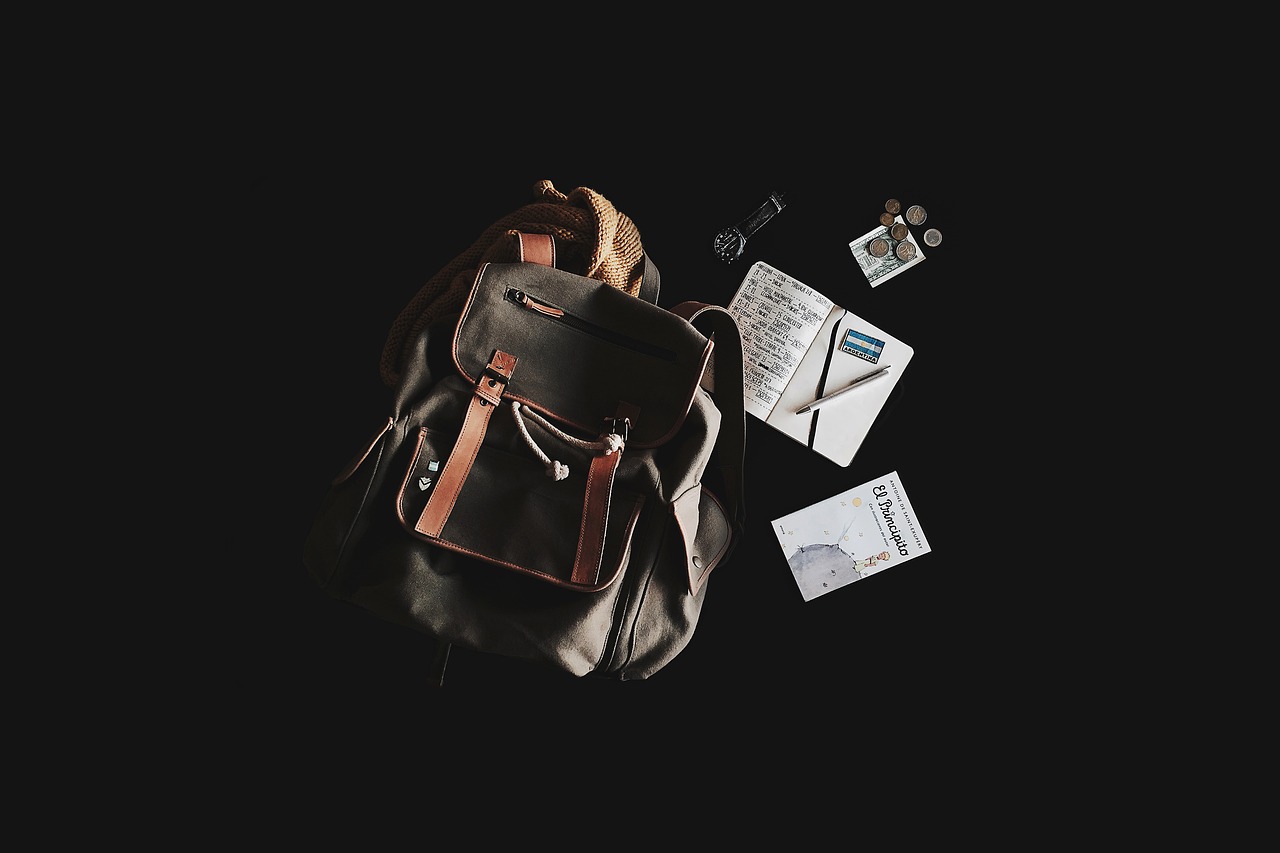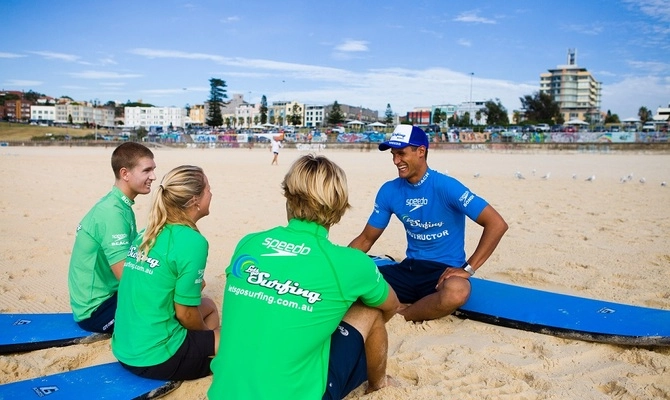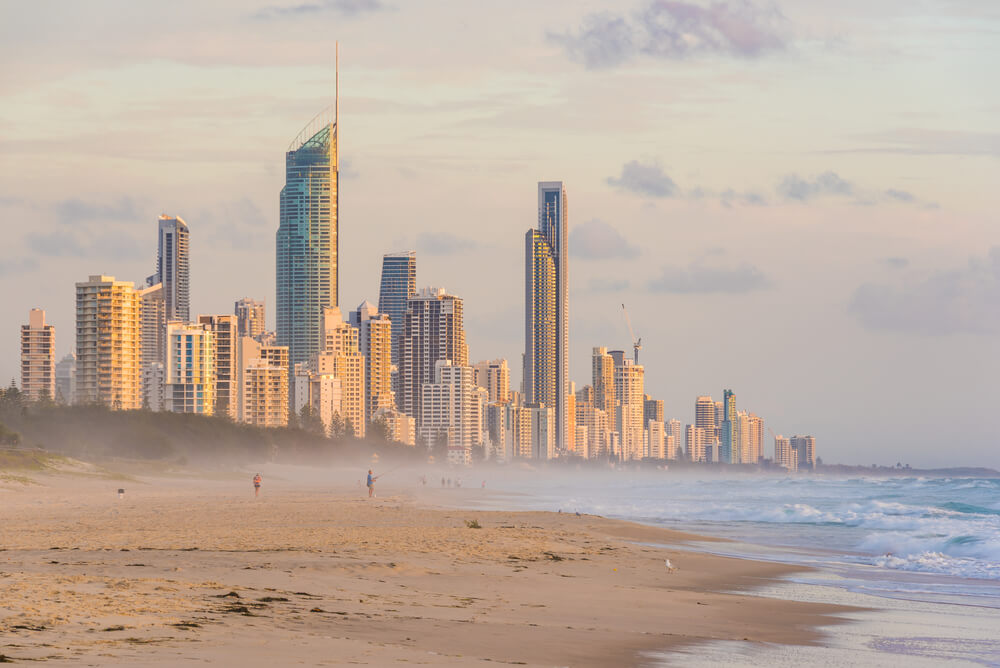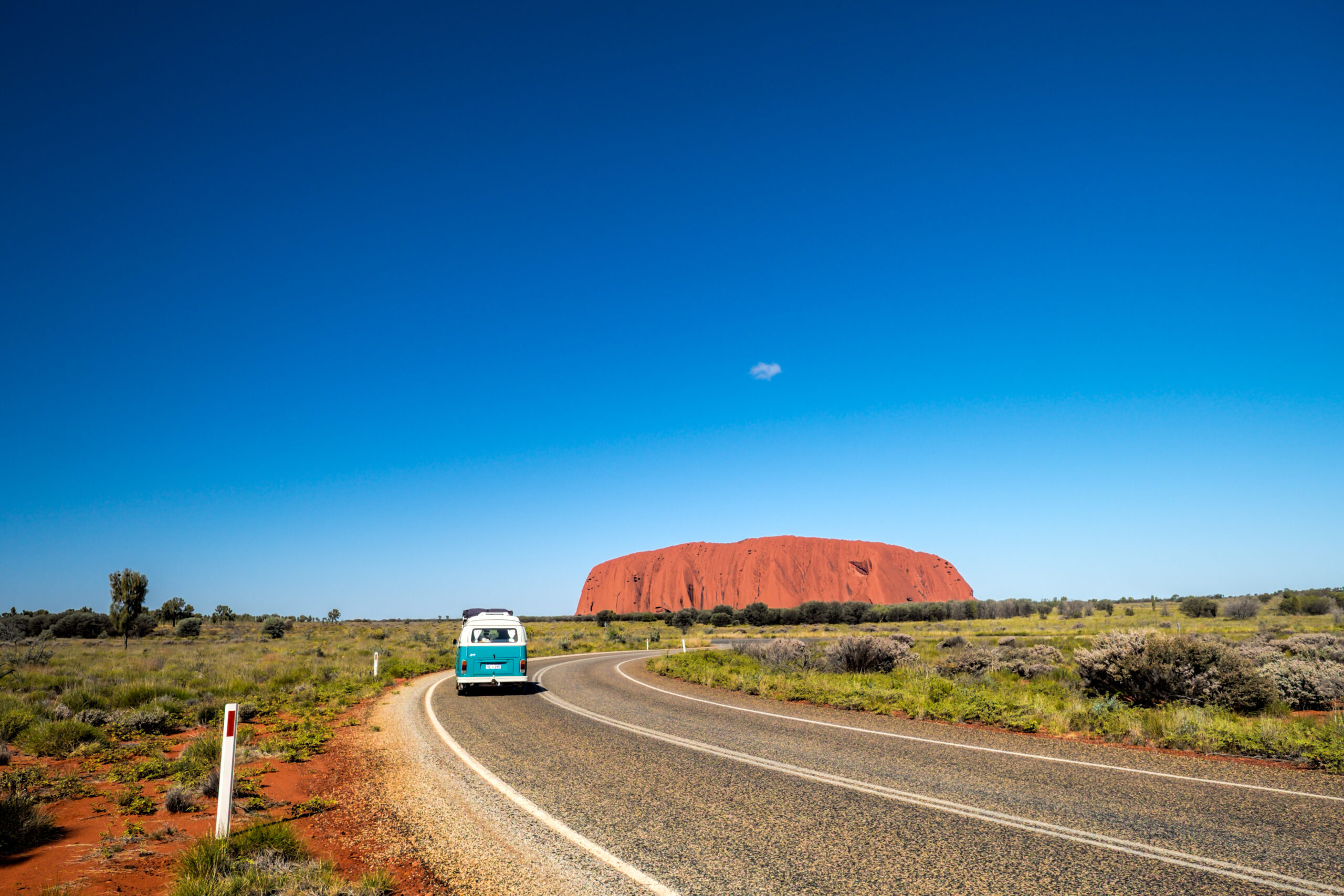- Tell your bank you’re leaving
You don’t want to land overseas to realise your card is frozen for “suspicious international transactions”. Notify your bank of your travel plans beforehand to save you this hassle. Many banks even allow you to do this easily right within their mobile apps!
2. Embrace minimalism
I’m sure you know this (hopefully), but packing light is gospel for backpackers. Lugging around a giant suitcase or overstuffed backpack wastes precious energy that you’ll need for all the activities you’ll surely participate in on your trip. So be sure to only bring the absolute essentials, roll your clothes to save space, and plan to wear things more than once.
3. Look for hostels with free breakfast (and a kitchen)
It’s tempting to eat out all the time when travelling. And of course, food is also a great way to explore the local culture. But for the sake of your wallet, it pays to eat some meals at “home”. Lots of hostels offer free simple breakfasts and staples, which can help save cash. Ones with kitchens are also useful, as you’ll get a chance to hit the local shops and whip up some meals yourself.
4. Bring a lock
No worse way to start your trip than by getting a valuable item stolen. No matter how trustworthy your roommates may seem, it’s always worth it to lock up your stuff when staying in communal accommodation. Not every hostel provides lockable storage spaces, so bring your own lock just in case.
5. Troll for free activities
There are so many free things to do in nearly every city, many of which are advertised online. But you have to know where to look… Facebook events are a great place to start, but other sites like Eventbrite and Couchsurfing are sometimes even better. Both sites list arts, nightlife and food/drink-focused events, many of which are cost-free.
6. Download offline maps
Don’t drain your battery and your data by using a live map wherever you go. Instead, download an offline map of your destination while using WiFi. Then, you'll be able to track your location no matter where you are or what your overseas mobile plan is.
7. Walk when you can
Walking is a great way to get around in a new place. You’ll keep fit, save money and get to see lots of things along the way that you could easily miss if travelling by tram, train, taxi or subway. Pro tip: If you're unsure where to walk, follow Google
8. Live like a local
If you visit a country that speaks a language other than your own, learn a few key phrases to help you get around and appear more culturally sensitive. When possible, try to eat where the locals eat, visit the bars and clubs that they would frequent, stay in the areas they would live. It helps you stand out less, have a more authentic experience wherever you go and avoid being overcharged by tourist traps.
9. Make friends
While we’re all for solo travel, travelling in a group is often safer, cheaper and more convenient. Travelling with a partner or friends means you can split costs for rooms, rides and even some essentials like toiletries or bulk food items.
10. Trust your instincts
Trusting your gut will help you avoid potentially harmful or negative experiences like being pick-pocketed or getting food poisoning. But it will also help enhance positive experiences like exploring new areas or trying a food item that catches your eye.









